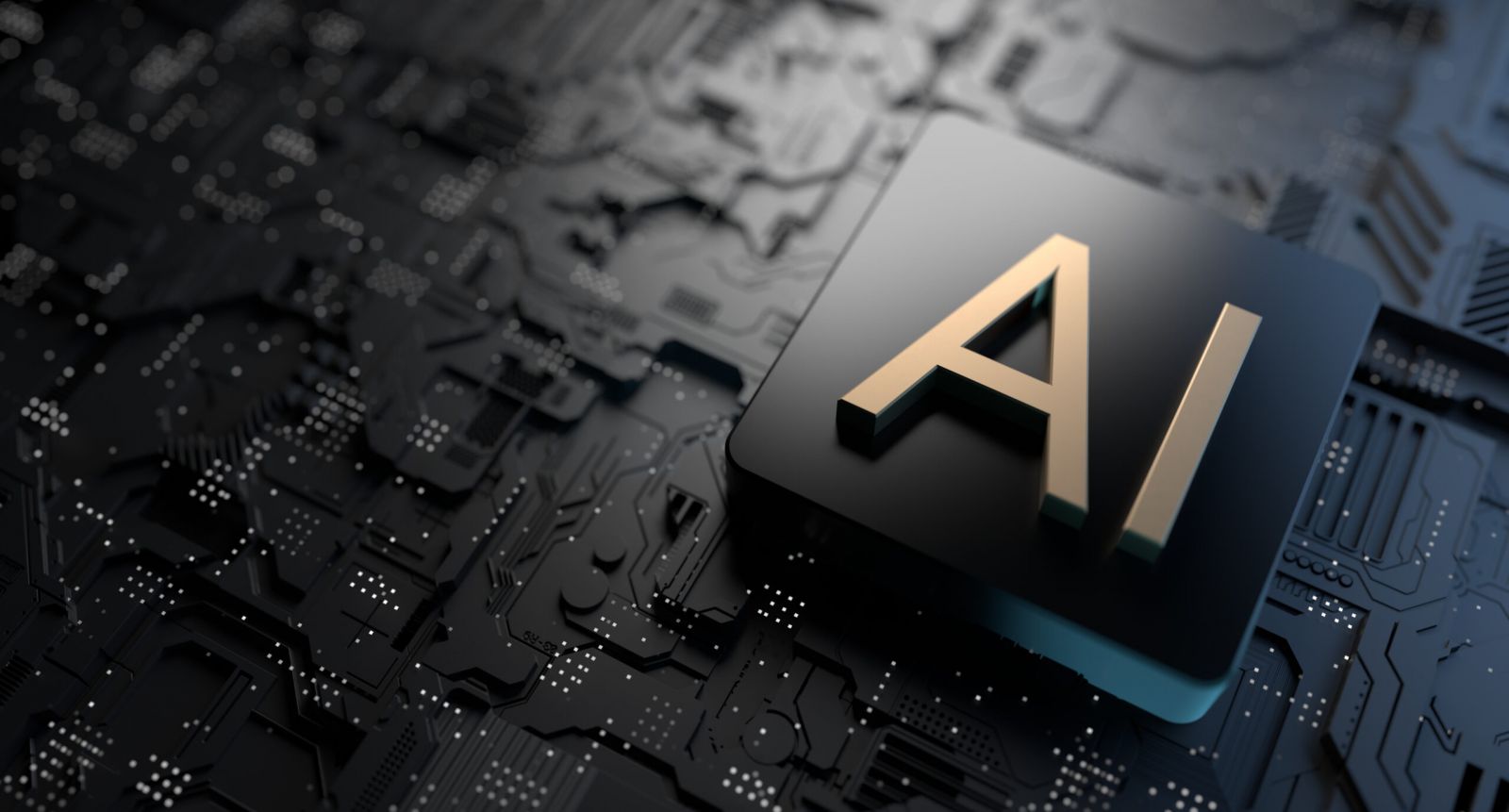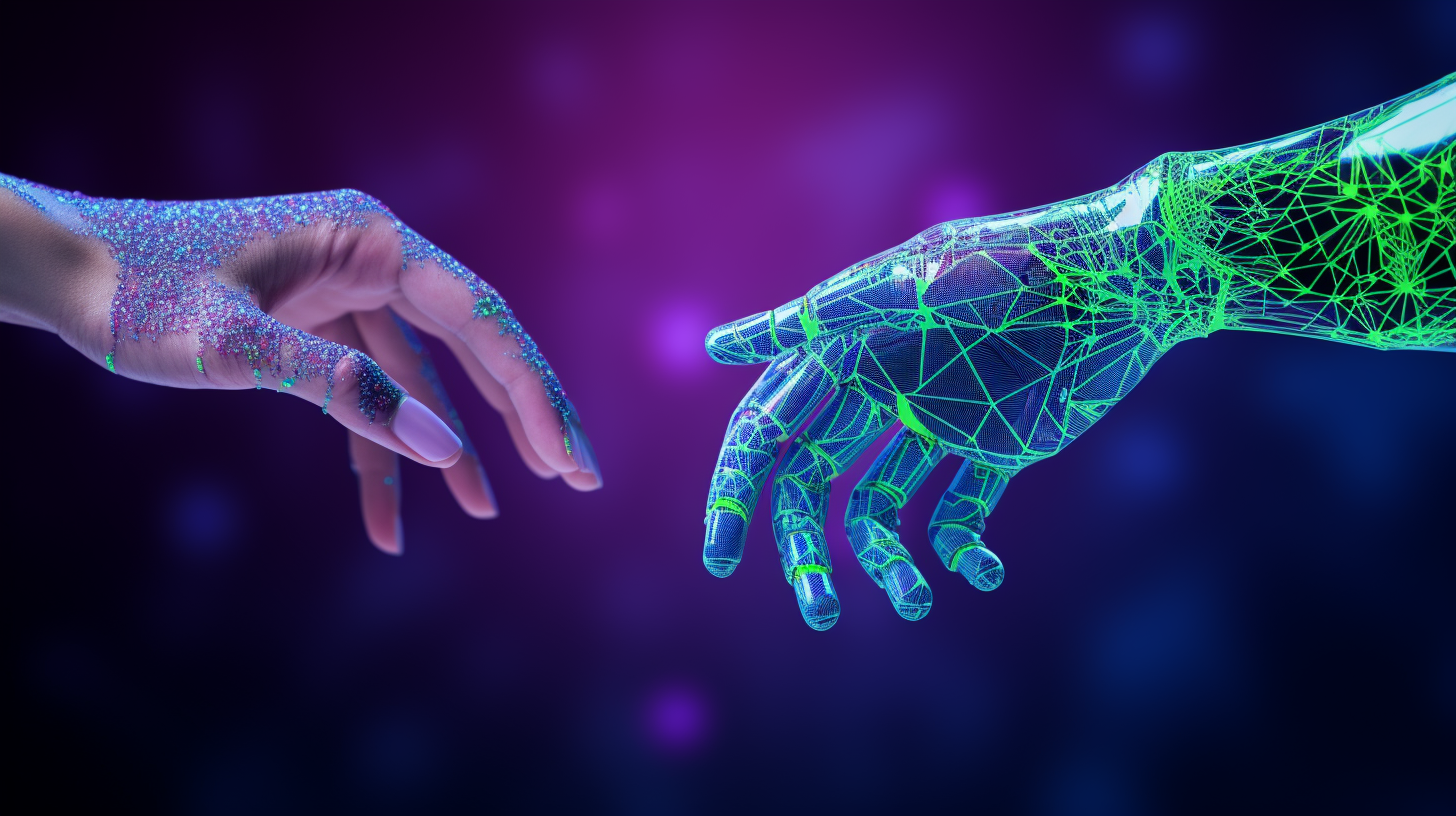So, what changes in the professional profile with the rise of artificial intelligence?
It is true that technical skills are not the only differentiators of a professional. In addition to technical skills, interpersonal skills are also essential for an employee’s success. Professionals who are highly specialized but do not have interpersonal skills are at risk of being replaced by artificial intelligence.
In the information technology scenario, for example, artificial intelligence tools are being used to automate customer support tasks. This means that customer support professionals who do not have interpersonal skills can be replaced by chatbots and virtual assistants. These chatbots and virtual assistants can provide customer support efficiently and consistently, without needing interpersonal skills.
In the world of agility, how can artificial intelligence make an impact?
A Scrum Master’s job is to ensure the software development team is following Scrum practices and principles. They are responsible for leading daily meetings, planning and retrospectives, and helping the team remove obstacles. This involves communication, leadership and conflict management skills.

One example of a common situation in which a Scrum Master could be replaced by artificial intelligence is when they do not have sufficient interpersonal skills to deal with team conflicts. Let us say that a software development team is working on an important project and there is a dispute between two team members about the best approach to solving a problem. If the Scrum Master cannot handle this conflict effectively, it can lead to delays in the project and a drop in team morale.
In this situation, AI could be trained to deal with conflicts in an objective way, always presenting solutions based on data and facts, helping the team to reach a solution faster. AI could also be able to analyze team performance data and identify potential problems before they happen, helping to avoid future conflicts.
However, it is important to note that although AI may be able to help teams deal with technical issues, it still does not have the ability to manage human issues, such as motivation and leadership. That is why it is important for Scrum Masters to refine their interpersonal and leadership skills to ensure the project and team’s success. In both cases, whether a technical specialist or a Scrum Master, if there are no human behavior differentiators, artificial intelligence may be poised to replace them.
“Should I run for the hills?”
However, do not worry, I am not suggesting that artificial intelligence will replace everything and everyone. AI can actually enhance the professional skills of those who invest in relevant knowledge and training. In the development field, for example, a professional who only focuses on technical skills and does not think about acquiring new technology skills, or enhancing their interpersonal qualities, will have difficulty finding a good job. Knowing how to work in a team and understanding the professional context around you has never been more important than it is now.

To achieve this goal, it is necessary to focus on three main areas: leadership, structure, and culture:
- Leadership: Create a safe and inclusive work environment where people’s opinions, feedback, and work are valued. In this area, it is necessary to be a leader who actively listens and values the contributions of their team. (Feedback Wrap)
- Culture: Promote collaboration and innovation. A company without collaboration does not generate innovation and it is necessary to allow people to experiment, exchange ideas, and learn from their mistakes. (Improvement Dialogues)
- Structure: Have a clear organizational structure and align the goals and objectives with the team. With this aspect, management can help, for example, with the use of OKRs. (Objectives and Key Results)
As we have seen, shifting your mindset, prioritizing interpersonal skills, and focusing on human issues can bring great success for leaders when implementing artificial intelligence. Remember, do not be afraid of AI, it is already a reality that we should enthusiastically embrace. Learn to use it to your advantage so that you can become a differentiated professional.












Replies to This Discussion